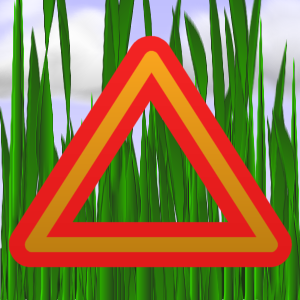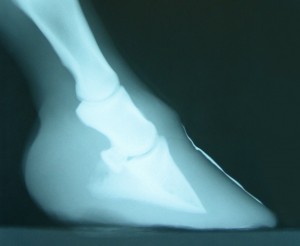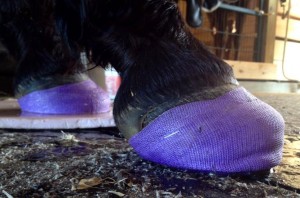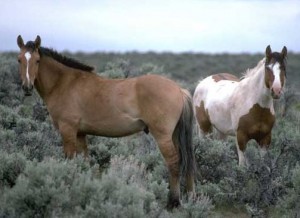
Caution! Grass that's high in simple sugars and starches can trigger a laminitis attack in sensitive horses!
For me, the first sign of spring is not seeing a bluebird, it is getting that first panicky phone call of the year from a horse owner, asking for help with a laminitic horse.
That happened yesterday, so be warned and take preventive action if your horse may be prone to laminitis from spring grass! A soaking rain, followed by unseasonably warm weather, is providing perfect conditions for the grass to grow like crazy here in the Tennessee Valley.
If you suspect your horse may be at risk, the time to act is NOW! Limit or remove access to green, growing grass before you have a problem. Just because a horse didn’t suffer a laminitis attack last year, doesn’t mean he’s safe this year.
Breeds at risk for insulin resistance and grass founder/laminitis include:
- pony breeds
- mini horses
- donkeys
- mules
- Morgans
- Arabians
- Mustangs
- Tennessee Walking Horses
- Spotted Saddle Horses
- Paso Finos
- Peruvian Pasos
- other gaited breeds
- American Saddlebreds
- APHA Paints
- baroque breeds (PRE, Friesian, Lipizzaner, Lusitano)

 Watch the live webinar on endocrine laminitis this afternoon, or view an archived version if you miss the original broadcast ofÂ
Watch the live webinar on endocrine laminitis this afternoon, or view an archived version if you miss the original broadcast of 
 Interested in feral horse hoofs as a model for the domestic horse?
Interested in feral horse hoofs as a model for the domestic horse?